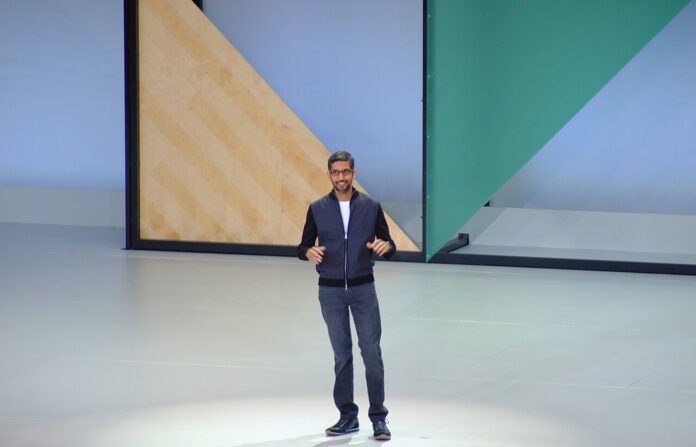Since Google introduced AI Overviews in search results last year, website owners have experienced declines of up to 70% in web traffic, sometimes resulting in tens of thousands of dollars in lost revenue. Many of these publishers blame Google’s use of AI for their drop in visitors and revenue, but Google says that there’s no way to confirm whether AI Overviews or another change is behind the decline.
Website makers blame AI for decline in visitors
For the article published on Monday, Bloomberg interviewed 25 website publishers and people who work for them. Bloomberg also asked web-analytics firm Similarweb to pull data on web traffic from a sampling of small- to mid-sized websites over the past two years. Similarweb found declines in traffic in all four website categories it analyzed: fashion and lifestyle, travel, DIY and home design, and cooking.
Anecdotal interviews with small business owners also support this trend. One small business, Charleston Crafted, a DIY home project website, lost about 70% of its website traffic in the course of one month. Owner Morgan McBride says that her display advertising revenue on her site dropped alongside website traffic. She lost 65% of her ad revenue in one year, which translated to tens of thousands of dollars.
Many of these website owners blame these losses on Google’s AI Overviews, which comb through websites’ copy, and then display an AI-generated summary at the top of the search results. Many Google searchers simply read the AI Overview, never clicking on any of the websites whose content was used to create the overview. Websites don’t get revenue if visitors read an AI Overview; they only make money when users click on their website.
Google denies that AI updates have impacted search traffic
Google has denied that its AI generated answers are the reason behind these declines in search. A spokesperson for Google told Bloomberg that it’s “misleading to make generalizations about the causes” of declining web traffic based on anecdotes from website publishers. The spokesperson said that traffic can fluctuate for many different reasons, including seasonal demand and other algorithmic updates.
Google has also claimed that AI Overviews is sending more traffic to a diverse range of websites, but it hasn’t offered any data to back that up. These claims contrast with evidence from the data firm BrightEdge, which has found that most referral traffic goes to big publishers such as Wikipedia and TripAdvisor, not independent websites.
Until Google provides more clarity on which of its many search updates could be causing declines in web traffic, website publishers will be forced to keep guessing what changes might keep their sites alive — and whether artificial intelligence is to blame for the losses, or not.
